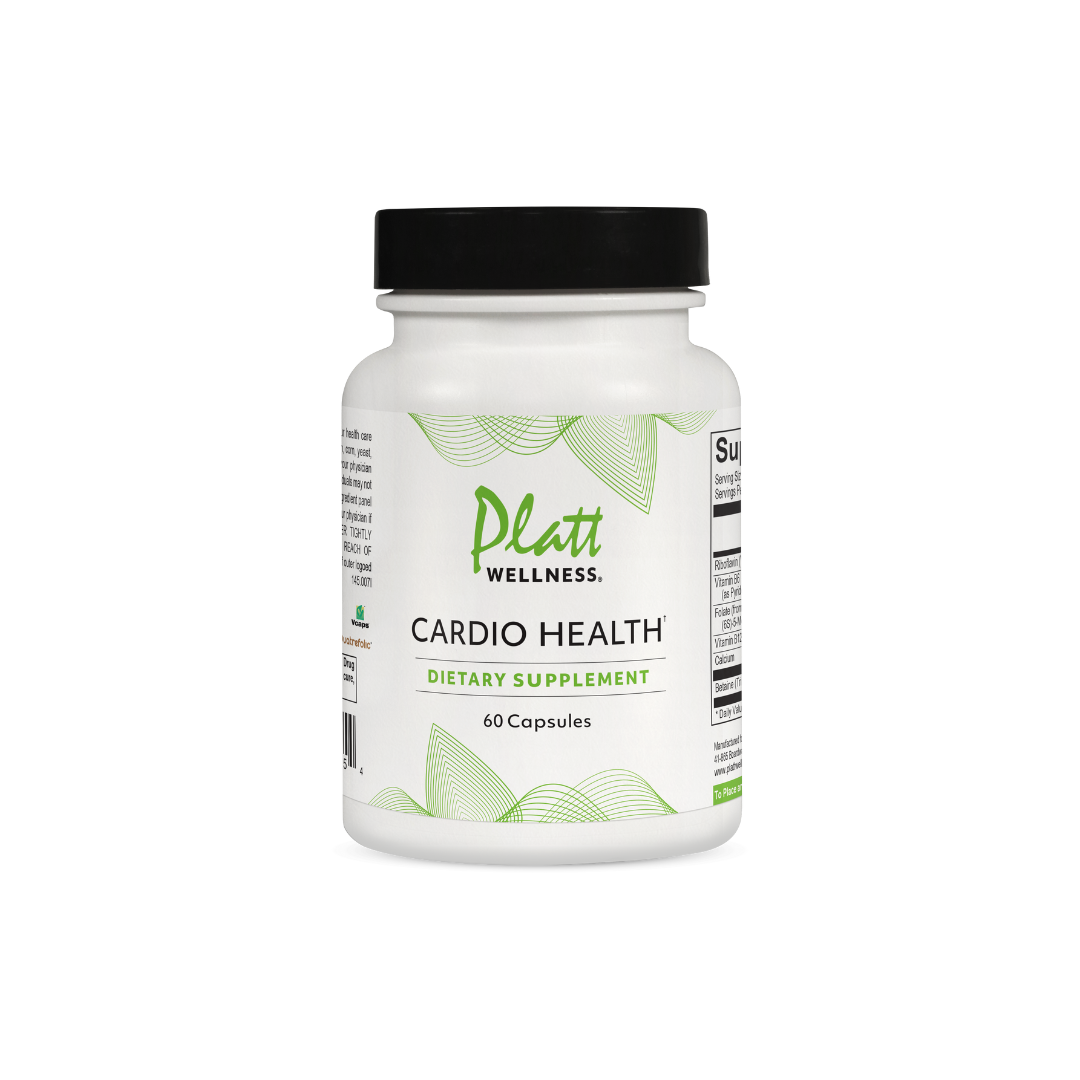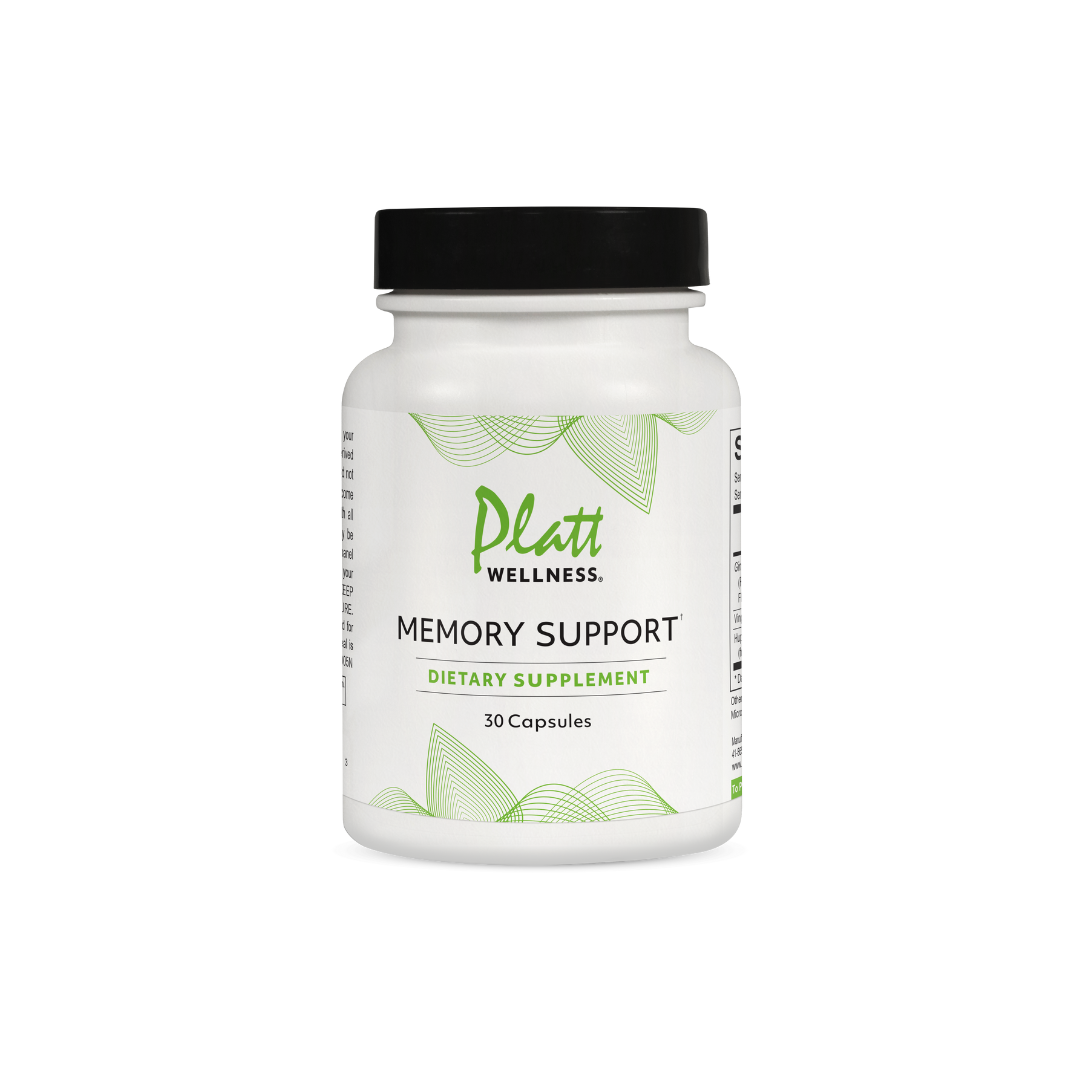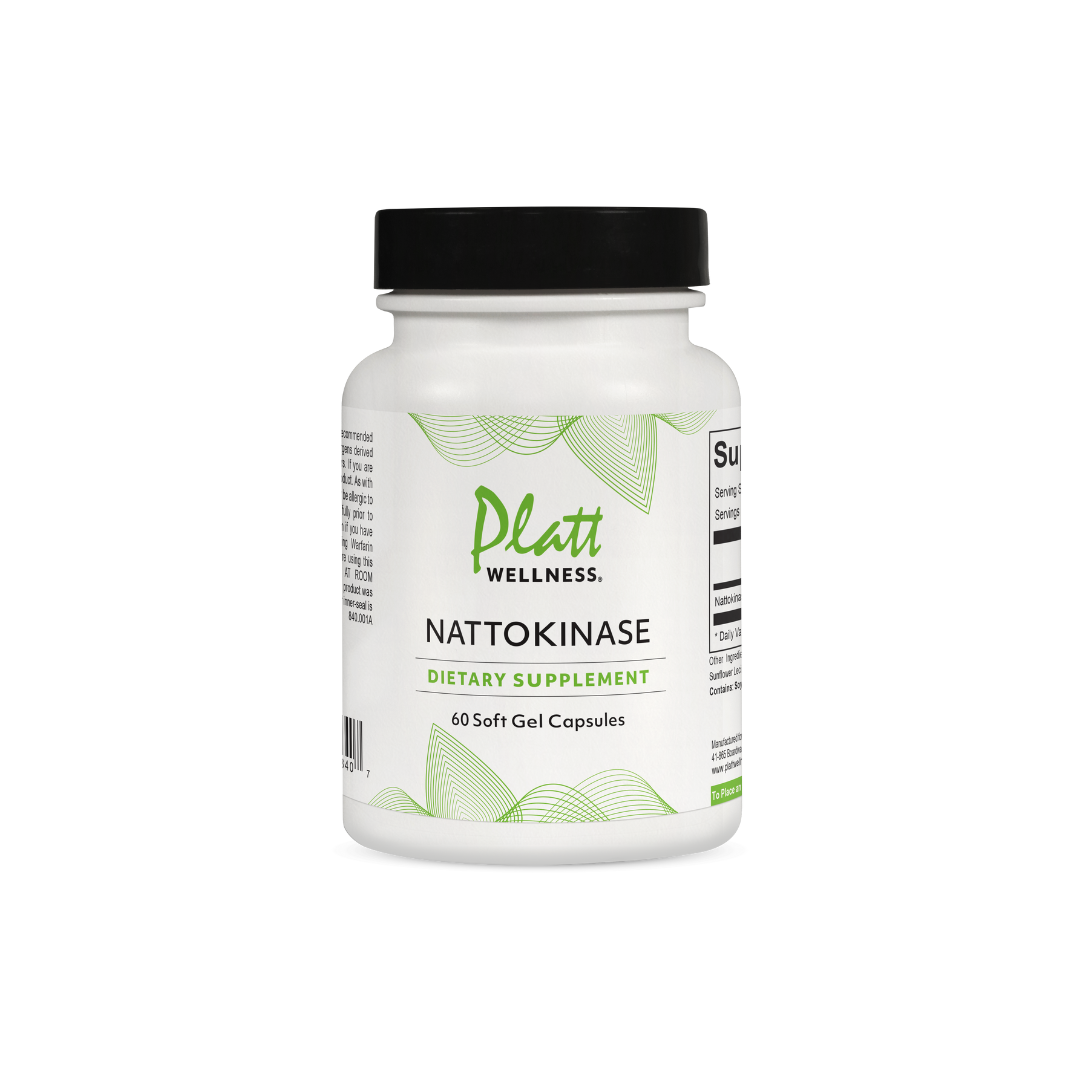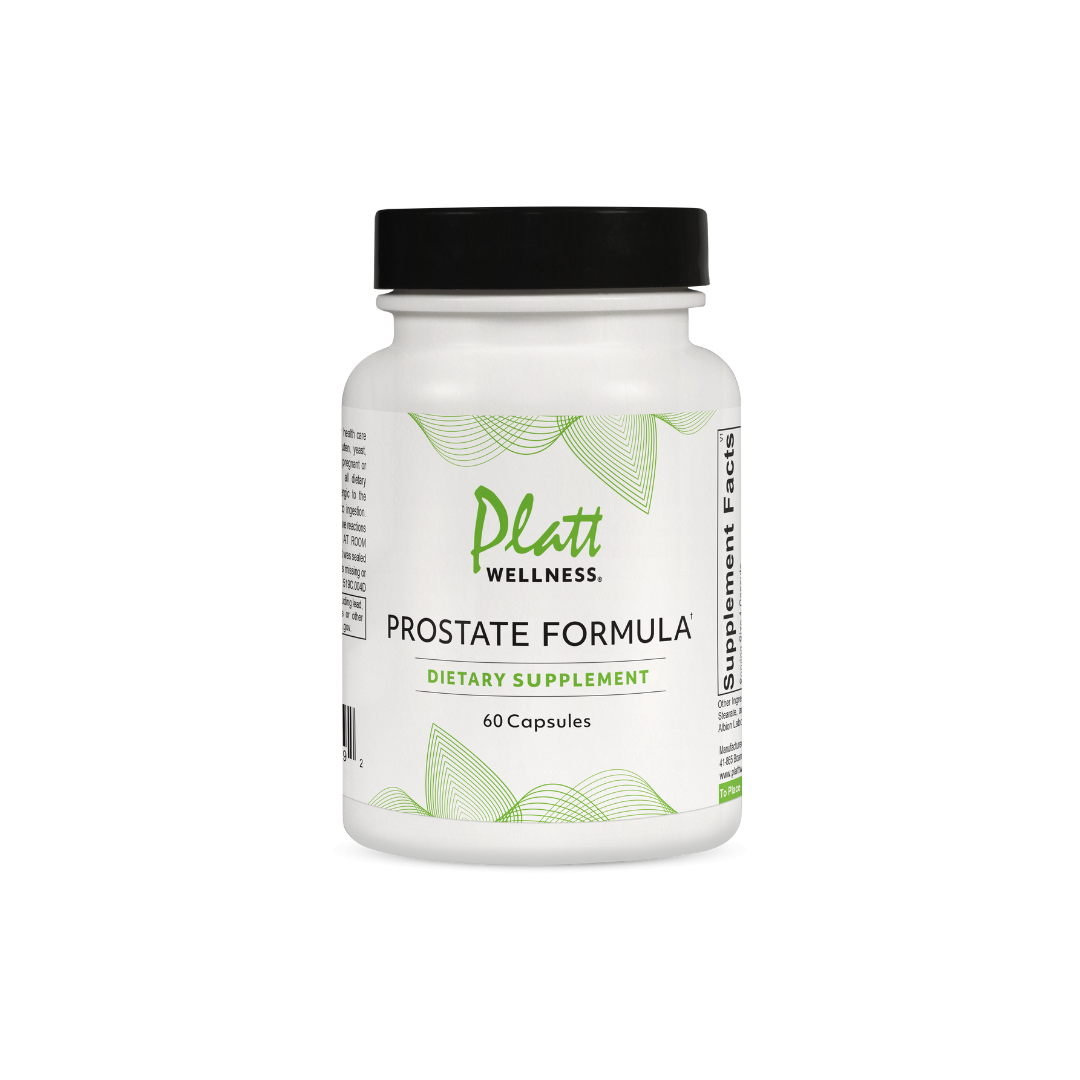Traditionally, no thought is given to adjusting a man’s hormones until he approaches middle age, when he may start having problems with erectile dysfunction. Compare this to women, who may start receiving hormones at the start of puberty.
Does this mean that men’s hormonal well-being should be ignored until they develop sexual dysfunction? My answer to this, of course, is no. As is clear by now, I am a great believer in preventive medicine. Knowledge of hormones for men can help to prevent the onset of prostate cancer, diabetes, obesity, and heart attacks.
Testosterone is a hormone produced by the human body. It’s mainly produced in men by the testicles. Testosterone affects a man’s appearance and sexual development. It stimulates sperm production as well as a man’s sex drive. It also helps build muscle and bone mass.
Testosterone production typically decreases with age. According to the American Urological Association, about 2 out of 10 men older than 60 years have low testosterone. That increases slightly to 3 out of 10 men in their 70s and 80s.
Andropause takes place when the level of testosterone in a man diminishes to the point that certain symptoms occur. The most well-known symptom is erectile dysfunction. However, low testosterone levels can also result in the following:
- Muscle Loss
- Weight Gain
- Fatigue
- Sleep Problems
- Gynecomastia
- Hot Flashes in Men
- Night Sweats in Men
- Lower Sex Drive
- Irritability
- Depression
- Hair Loss
- Erectile Dysfunction
- Urinary Problems
- Memory Loss
Unlike women, who experience a rapid drop in hormone levels at menopause, men experience a more gradual decrease of testosterone levels over time. The older the man, the more likely he is to experience below-normal testosterone levels.
Recent studies have indicated that testosterone replacement therapy causes a significant increase in the incidence of heart attacks, death, and strokes. As a result, the FDA is planning to investigate whether there should be concerns about the use of testosterone.
Let me start by providing some facts:
Nearly 100% of men who have heart attacks have been found to have low testosterone levels.
The heart has more testosterone receptor sites than any other part of the body.
Studies done at the National Institute of Health (NIH) have demonstrated that men with massive heart attacks go into severe congestive heart failure (CHF). However, those men given testosterone at the time of admission to the hospital never went into CHF.
There have been studies that have shown that atrial fibrillation has been eliminated by using testosterone.
There are many urban legends in medicine. One of the more prominent of these mistruths is that testosterone causes prostate cancer. I now suspect that we have a new urban legend about testosterone in the making. When looked at logically, one might ask the following: if testosterone causes prostate cancer as well as an increase in the incidence of cardiovascular disease, then why is it that males in their late teens do not have these problems at a time when testosterone levels are highest? Another point to consider is that those men with the highest testosterone levels have been found to have the lowest incidence of prostate cancer.
It is a known fact that testosterone can easily convert into estradiol, the strongest of all the estrogens. It is also known that estrogen can not only cause vascular problems, but is also the underlying cause of prostate cancer in men. Even though there are easy ways to prevent this conversion of testosterone into estradiol, I suspect that many doctors prescribing testosterone fail to consider potential problems related to estrogen. It may also be that the two recent studies failed to consider this as well.
This scenario is possibly more problematic when it comes to older men because they are more likely to convert testosterone into estradiol. I suspect that the majority of men involved in these two studies might have fallen into this category.
I would also like to point out that the majority of doctors who prescribe testosterone are actually treating lab tests. When it comes to hormone replacement, it is my feeling that you can never go wrong treating a patient, but you go wrong treating a lab test. Consider the following: testosterone is released early in the AM, usually around 2-3 AM. Many men experience morning erections around this time or a few hours later. The absence of morning erections is actually the most reliable indication of a low testosterone level. Instead, doctors rely on a blood test that is taken hours after the hormone has been released, by which time it has attached to many receptor sites thereby lowering levels that can be reliably assessed in the blood. As a result, a low level is noted and testosterone is possibly unnecessarily prescribed.
Another concern is that the recommended application sites for testosterone are often wrong. In fact, one pharmaceutical company recommends that it be placed in the axilla (armpit). The problem here is that there is an enzyme, alpha-reductase, located around hair follicles that is able to convert testosterone into dihydrotestosterone (DHT). Is it possible that this is a factor contributing to problems of a cardiovascular nature?
I should also mention that, for the most part, traditional medicine has ignored the need that women have for testosterone. In a previous blog I have mentioned that heart attacks are the number one cause of death in women. In fact, it occurs as a cause of death six times more commonly than any other cause. I suspect that it is actually a low testosterone level in post menopausal women that is contributing to this.
For those interested in learning more about hormones, including testosterone, I would recommend my book ” The Miracle of Bio-identical Hormones” available on Amazon or on my website: www.plattwellness.com.
A more in-depth discussion of hormones can be found in my manual for healthcare practitioners which is a companion to the book. It is called “The Platt Protocol for Hormone Balancing”, and is available only on my website. It includes a safe and effective way of using testosterone cream that not only is more effective for erectile problems, but is also healthier from the standpoint of the heart.
Dr. Michael E. Platt has been a pioneer in the research and advancement of the therapeutic use of progesterone cream for use in managing adrenaline and hormonal imbalance. Dr. Platt is considered an important pioneer in observational, functional, alternative, and allopathic medicine focused on bio-identical hormones and adrenaline overload. His three books “The Miracle of Bioidentical Hormones”, “Adrenaline Dominance” and “Platt Protocol” have received 11 literary awards.









Thank you so much for the incredible info on your blog, and your books, on balancing bio-identical hormones. This was extremely helpful. Bobby C.